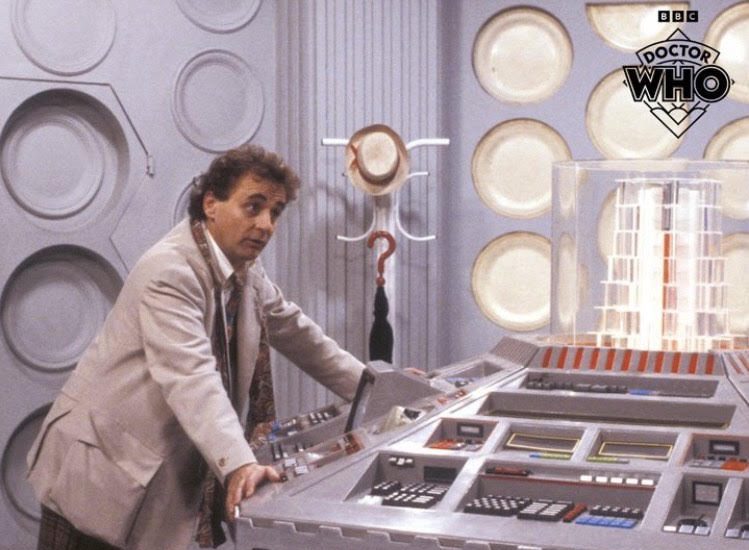
Gaming Editor Louis Wright puts a character spotlight on the Seventh Doctor, applauding his inherent strangeness and naming him as one of the best interpretations of the doctor
Throughout the 60 year history of Doctor Who there have been many takes on the titular character. From the aloof superiority of William Hartnell’s interpretation of the First Doctor to the tentative bubbliness of Jodie Whittaker’s Thirteenth Doctor, there have still been consistent elements throughout that are suppressed or exaggerated as the writer’s need. One such element is how manipulative and cunning The Doctor can be.
As a several millennia old, hyper-intelligent alien from a civilisation founded at the dawn of time, it is fitting that The Doctor has the ability to mould the many situations they find themselves in to their advantage. Whether it be social engineering, a general moral dubiousness, or definitive action no other incarnation of the character leans into this trait more than Sylvester McCoy’s Seventh Doctor.
The Seventh Doctor’s prior characterisation was contextualised as merely a façade he would put up to be underestimated by his foes
A comedy actor by trade, the initial season of The Seventh Doctor’s era leaned into the inherent strangeness McCoy was capable of. Mired with a non serious attitude and inconsistent tone this season was lacking in quality and unsure of itself. However the evolution of both the show’s writing and The Doctor’s characterisation seen in the following season was a distinct elevation.
Gone was the clown and in his place was the chess master. The Seventh Doctor’s prior characterisation was contextualised as merely a façade he would put up to be underestimated by his foes. This underestimation was used to his advantage with his modus operandi being to blindside his enemies with devious machinations that are completely unexpected yet expertly plotted.
And devious is an apt description to this persona of the Time Lord as The Seventh Doctor was the one to relieve himself of his ‘precious moral scruples’ that had prevented his predecessors from being so proactive. Within his run on the show Sylvester McCoy’s Doctor is capable of convincing Davros to destroy the planet Skaro (and event that would retroactively incite The Last Great Time War), using Ace, his companion and surrogate daughter, as a simple pawn in his centuries long chess match against the ancient eldritch horror known as Fenric, and going so far as to use the actions of his future self to pre-emptively wipe an entire timeline from existence before it even began.
“The Oncoming Storm” is a title that the Doctor is referred to in the modern series for, presumably, his actions in the Time War. The Seventh Doctor is the definition of the “The Oncoming Storm” and the first to be attributed with the name chronologically. Knowing that his future selves would not have the same convictions that he does in dealing with threats to the universe, this incarnation actively went out of his way to hunt them down and stop them. From fighting literal gods, to becoming the Champion of Time, this was a version of the character that was renowned for prowess in scheming and destabilisation.
…arguably the most morally grey and malicious incarnation of the Time Lord
Even the death of this version of the character, in the opening acts of the movie Doctor Who (1997) is remarkably fitting of this chess master persona. For all of the planning and all of the manipulation the Seventh Doctor was capable of, his death came at the hands of a freak accident that he was unable to foresee and unable to account for. Gunned down in an alleyway, and suffering from a botched surgery; arguably the most morally grey and malicious incarnation of the Time Lord met an end befitting him in a sense of cosmic karma.
Overall, while far from the most memorable incarnation in the eye of pop-culture, the Seventh Doctor is the most interesting. The ambiguity of the character’s morality brought fully to the surface allows for some of the most considered story progressions and character interactions the show has seen. Hints of this character have peaked through since, and the influence of the Seventh Doctor remains still, making him easily a contender for the best interpretation of the Time Lord.
Read more TV articles here:

Comments